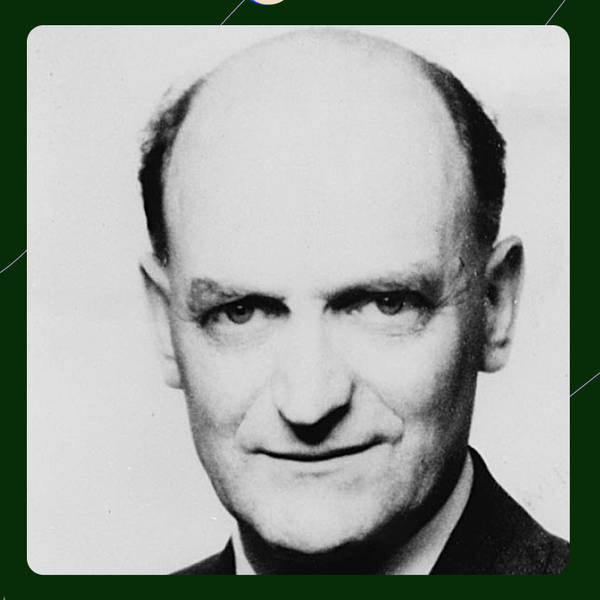
Is economists' favorite tool to crush inflation broken?
When economists and policymakers talk about getting inflation under control, there's an assumption they often make: bringing inflation down will probably result in some degree of layoffs and job loss. But that is not the way things have played out since inflation spiked last year. Instead, so far, inflation has come down, and unemployment has stayed low.
So where does the idea of this tradeoff – between inflation and unemployment – come from?
That story starts in the 1940s, with a soft-spoken electrical engineer-turned-crocodile hunter-turned-economist named Bill Phillips. Phillips was consumed by the notion that there are underlying forces at work in the economy. He thought that if macroeconomists could only understand how those forces work, they could keep the economy stable.
On today's show, how the Phillips Curve was born, why it went mainstream, and why universal truths remain elusive in macroeconomics.
This episode was hosted by Willa Rubin and Nick Fountain, and produced by Sam Yellowhorse Kesler. It was edited by Molly Messick, and engineered by Maggie Luthar. Sierra Juarez checked the facts.
Help support Planet Money and get bonus episodes by subscribing to Planet Money+ in Apple Podcasts or at plus.npr.org/planetmoney.
Learn more about sponsor message choices: podcastchoices.com/adchoices
NPR Privacy Policy
So where does the idea of this tradeoff – between inflation and unemployment – come from?
That story starts in the 1940s, with a soft-spoken electrical engineer-turned-crocodile hunter-turned-economist named Bill Phillips. Phillips was consumed by the notion that there are underlying forces at work in the economy. He thought that if macroeconomists could only understand how those forces work, they could keep the economy stable.
On today's show, how the Phillips Curve was born, why it went mainstream, and why universal truths remain elusive in macroeconomics.
This episode was hosted by Willa Rubin and Nick Fountain, and produced by Sam Yellowhorse Kesler. It was edited by Molly Messick, and engineered by Maggie Luthar. Sierra Juarez checked the facts.
Help support Planet Money and get bonus episodes by subscribing to Planet Money+ in Apple Podcasts or at plus.npr.org/planetmoney.
Learn more about sponsor message choices: podcastchoices.com/adchoices
NPR Privacy Policy
